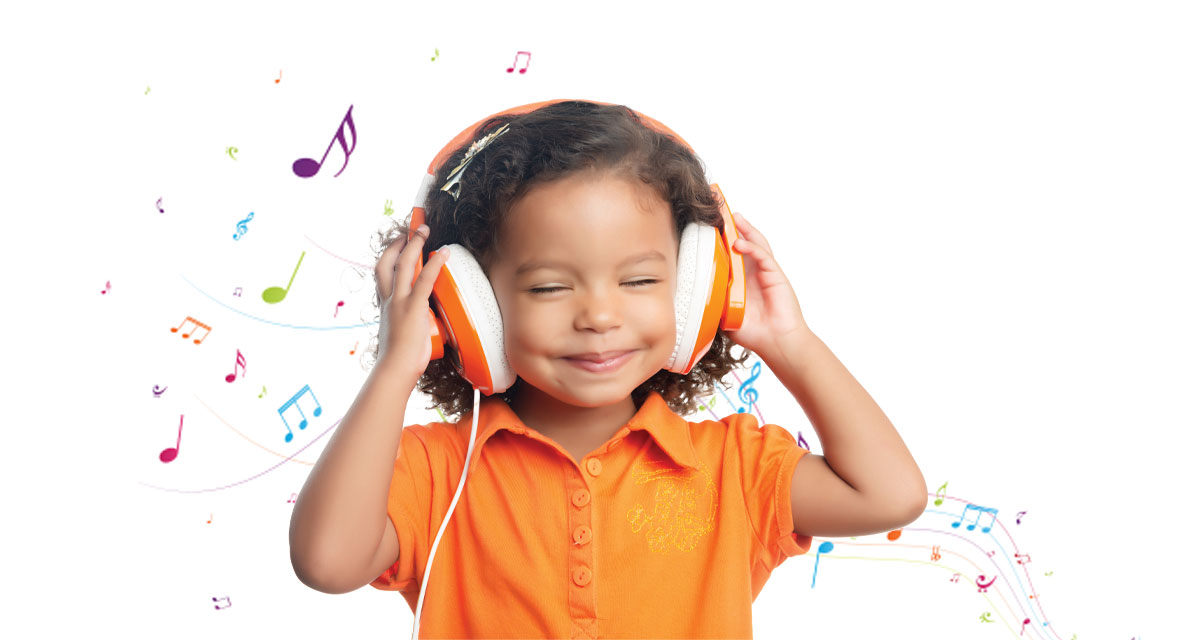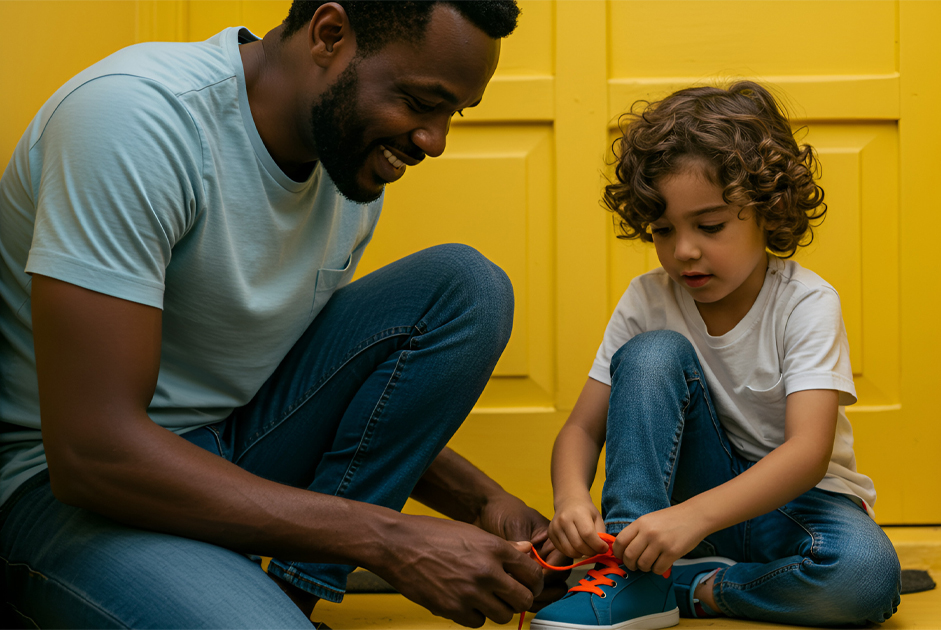Music’s bountiful benefits and positive influence on people and animals has long been confirmed by research. Although music can offer profound benefits for those of all ages, studies have established the important interplay of soundwaves and brain waves that begins even in utero. Music influences the physical, social, cognitive, and emotional development of babies, toddlers, and kids.
SURVIVE & THRIVE WITH SUCCESSFUL SOCIAL SKILLS
Consider social implications of music. Music can enhance children’s self-esteem and assist them to overcome shyness. Since many students struggle academically and socially, and sometimes feel inferior to their peers, music can offer a satisfying sense of accomplishment and achievement. Students with learning disabilities often find that music can improve learning skills and offer inclusiveness and a sense of belonging. Practicing self-discipline and commitment while learning music teaches kids the essential skills of perseverance and patience, and encourages responsibility and reliability, important keys for maintaining long-term relationships and future success.
BRAIN BOOSTING BENEFITS
Neuroscience research suggests that music boosts the brain in ways that are beneficial to developmental learning and growth. While math, English, and science may be foundational subjects in a school setting, art and music are also instrumental (pun intended). Just two years of musical instruction have proven to be beneficial, according to two studies from the Brain and Creativity Institute at the University of Southern California. Music training actually alters the structure of the brain’s white matter, carrying signals throughout the brain, and also affects gray matter, with the brain’s neurons active in information processing. Brain networks responsible for decision making, focusing attention and concentration, and inhibiting impulses are also activated.
Music is integral to auditory brain development. It engages the left side of the brain associated with language processing and may contribute to the capability to learn languages. Elements of music such as pitch, tone, rhythm, and dynamics hone listening skills. Tuning an instrument (including warming up the vocal “instrument”), ear training, and harmonizing are important exercises to practice.
LEFT BRAIN LOGIC MEETS RIGHT BRAIN CREATIVITY
Music is not just a form of art that involves right-brained creativity, but also involves left-brained logic and math. A study published by Christopher Johnson, Professor of Music Education and Music Therapy at the University of Kansas, revealed that standardized test scores of elementary school students who study music improved by 20% in math and 22% in English. Learning the basics of music theory, including structure, formulas, and the notation of notes and chords are key aspects of music. Understanding and calculating tempo, utilizing bars and measures, and transposing into different keys employs mathematics and exercises logic.
CULTIVATING CREATIVIVE CAPABILITIES
An audio artform, music allows us to utilize creativity, and cultivating creativity in the classroom offers additional benefits to a student’s growth and development. Creativity can benefit any area of life, not just art-related areas. Expanding thought processes to incorporate imagination, innovation, and ingenuity allows for unlimited growth and opportunity. Thinking and operating in creative ways can enable development of practical solutions to real-world issues.
SOLACE FROM SCHOOL STRESSORS
School can be stressful. From constant homework to test taking to bullying, kids are in constant need of R&R. Instead of turning to alcohol, drugs, or stimulants, which can be harmful and easily addictive, music is a healthy way to relieve stress, anxiety, and depression, energy-sapping and life-depriving voids that can lead to unhealthy behavior and even suicide. Music—whether studied, practiced, or simply listened to—has the ability to embrace the ears, soothe the senses, ignite inspiration and imagination, uplift moods, and evoke joy beyond measure.
Integrating music as a key part of your child’s education is ideal at any age and level of education. Schools are environments for our kids to develop, learn, and grow to be better equipped for long-term success in relationships and careers. Music does more than just boost brains. It opens and embraces ears, minds, and hearts, connecting and uniting us to become better people with brighter futures.



















